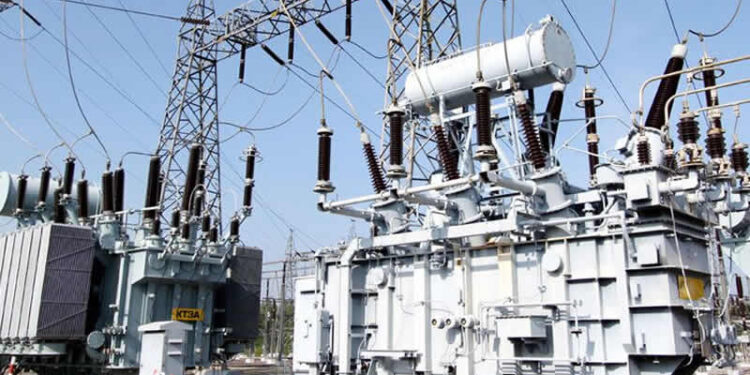The Federal Government has launched an advanced Supervisory Control and Data Acquisition (SCADA) system aimed at improving the management and efficiency of Nigeria’s national power grid. This cutting-edge technology is expected to significantly enhance the reliability and sustainability of the country’s power supply.
During the unveiling in Abuja on Wednesday, Minister of Power Adebayo Adelabu, represented by Emmanuel Nosike, highlighted the transformative potential of the SCADA system. He described it as a critical step toward modernizing Nigeria’s energy infrastructure and addressing long-standing issues in the power sector.
“This initiative represents not just a technological upgrade, but also our government’s unwavering commitment to enhancing the efficiency, reliability, and sustainability of power supply across the nation,” Adelabu said.
The SCADA system provides real-time monitoring and control of the national grid, allowing operators to detect faults quickly, manage loads more effectively, and respond swiftly to outages. Adelabu stressed that the technology marks the beginning of a new era in the management of Nigeria’s energy resources.
The deployment of the SCADA system is part of the Nigerian Electricity Transmission Access Project, a broader initiative aimed at upgrading the country’s power infrastructure and integrating smart grid technologies. The government hopes this will bring the nation closer to achieving energy security and expanding electricity access.
Transmission Company of Nigeria (TCN) Managing Director, Dr. Sule Abdulaziz, also noted the importance of this project, acknowledging that previous SCADA deployments had fallen short of expectations. However, lessons learned from earlier setbacks have informed the current implementation, with a special team established to ensure success.
Among the key milestones, Abdulaziz mentioned the integration of SCADA technology at critical infrastructure points, including the fully automated Lagos Transmission Substation in Apapa. He also highlighted the installation of SCADA equipment at over 100 substations nationwide and the deployment of more than 3,000 kilometers of fiber optic cables.
World Bank Country Director Ndiame Diop, whose institution played a significant role in financing the project, expressed optimism about its impact on Nigeria’s energy sector. He emphasized that the SCADA system could mark a turning point in the country’s effort to improve electricity supply.
“This is history in the making. We have been partners with Nigeria for many years, and we believe this project marks a turning point in the effort to improve the Nigerian electricity supply industry,” Diop remarked.
The launch of the SCADA system is a major step forward for Nigeria’s power sector and is expected to attract increased private sector investment, driving the country closer to its electrification goals. As Adelabu noted, “This system is a clear demonstration of our resolve to build a robust power sector that meets the needs of today and ensures sustainability for the future.”
























